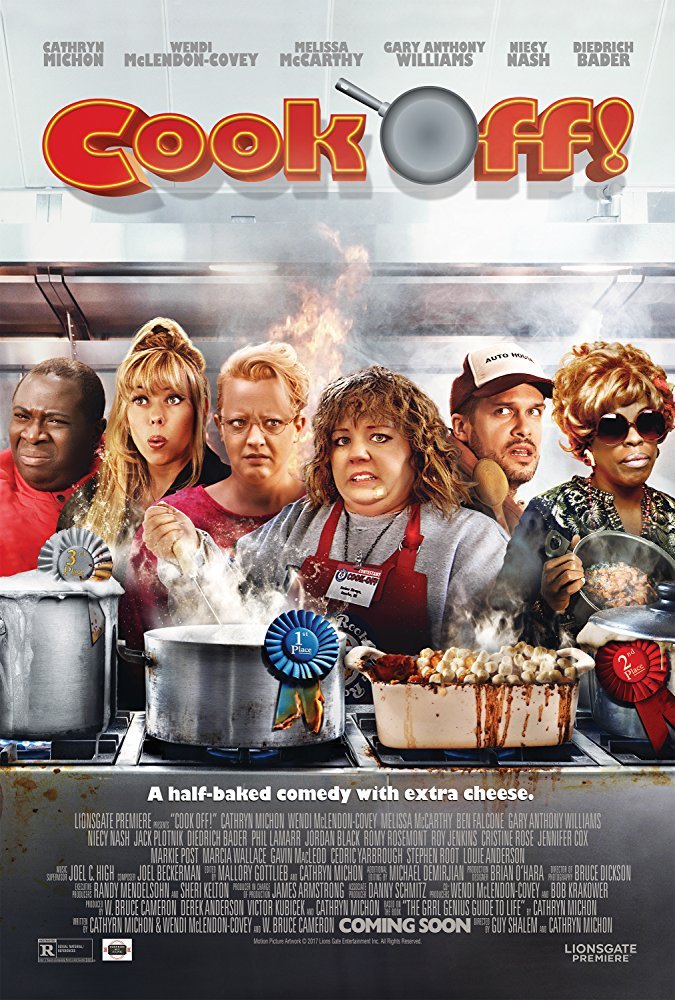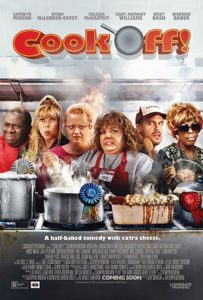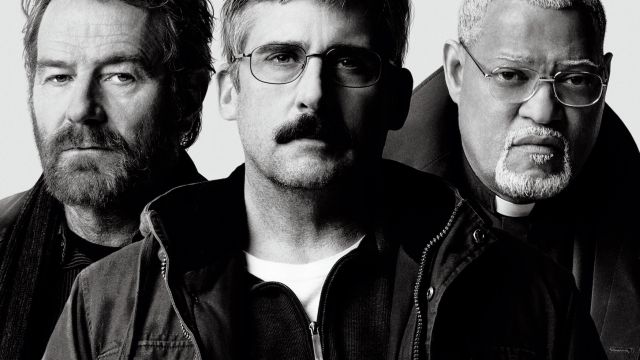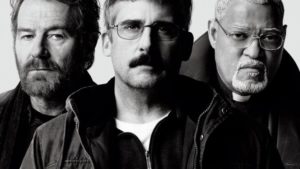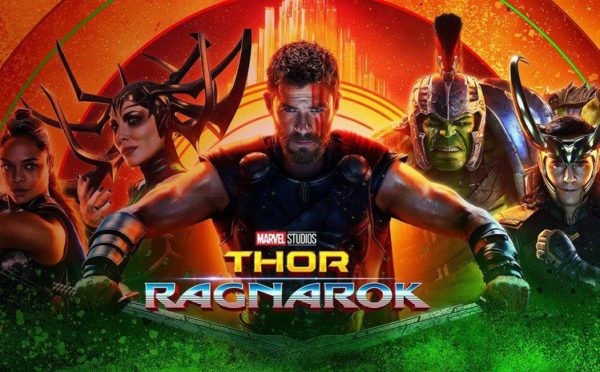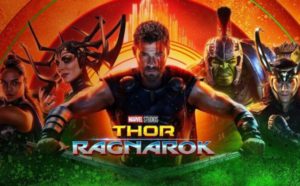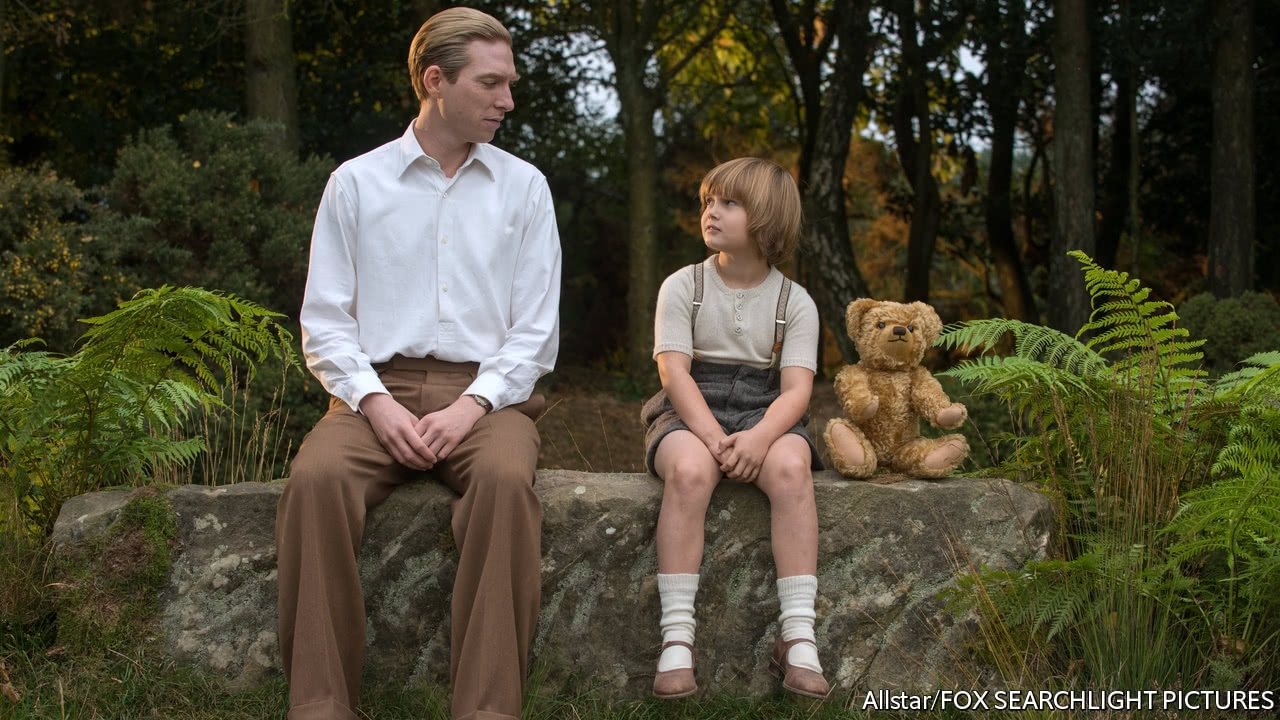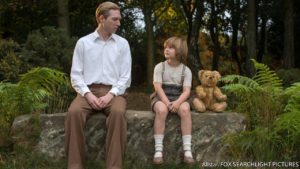Wonder
Posted on November 16, 2017 at 5:46 pm
A-| Lowest Recommended Age: | 4th - 6th Grade |
| MPAA Rating: | Rated PG for thematic elements including bullying, and some mild language |
| Profanity: | Some schoolyard language |
| Alcohol/ Drugs: | None |
| Violence/ Scariness: | Some bullying and peril |
| Diversity Issues: | A theme of the movie |
| Date Released to Theaters: | November 17, 2017 |
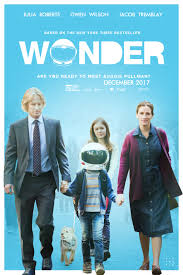
Auggie (“Room’s” Jacob Tremblay) lives with his loving parents (Julia Roberts and Owen Wilson), his devoted older sister Via (for Olivia) (Izabela Vidovic), and their dog in a comfortable New York brownstone. With medical treatment to help him see and hear, Auggie’s face is misshapen and scarred. School principal Mr. Tushman (Mandy Patinkin) tries to put Auggie at ease by joking about his name (everyone has something people make fun of) and recruiting three students to give him a tour of the building before school starts. Scholarship student and all-around boy next door Jack (Noah Jupe), self-centered but not mean Charlotte (Elle McKinnon), and nice-to-grownups-but-a-bully-to-anyone-who-makes-him-uncomfortable Julian (Bryce Gheisar) show him around, alternating between rude questions and pretending he’s not there.
And then school begins. Palacio has taken the most fraught period of life, when friendships are most vital and the tiniest panic about not fitting in can be devastating and heightens it even more by creating an extreme case. Auggie has already triumphed over his disability, which he barely notices. It is triumphing over middle school that is the near-impossible challenge. Palacio and this film understand that it is this time above all, with so many volcanic physical, emotional, and cognitive changes, it seems so desperately important to fit in, to seem, in the narrowest terms, “normal.” And, unfortunately, because they are still so young, it can seem that the best way to do that is to call attention to the ways that other kids are less normal than they are.
So, anyone who’s ever been in middle school will understand why Auggie comes home after the first day and cuts off his padewan braid, not with a light saber because he’s been made a Jedi knight but with his sister’s scissors because kids made fun of him at school. And that doesn’t even have anything to do with his face.
That comes later. The kids spread a rumor, even though none of them really believe it, that touching Auggie will give you “the plague.” And then Auggie does two things that made Julian lash out even more. He is smart in school. And he becomes friends with Jack and then some of the other kids, too, including Summer, a popular girl who joins Auggie’s table in the cafeteria not because she feels sorry for him but because she correctly senses that he is nicer than the catty girls she had been sitting with.
There are setbacks, as when Auggie’s favorite holiday, Halloween, where he gets to look like everyone else, means that he has a chance to overhear what people say when they think he’s not around.
What elevates this film, though, is its recognition that kindness begins with empathy. By leaving Auggie’s point of view to let us know what is going on with some of the other characters, we understand more about why they behave the way they do. Via tells us what even her parents do not know, that it is difficult to be the sibling of a child with a problem, and that the most difficult part is feeling that there’s no space left for any problems from anyone else. When she is abandoned by her closest friend, we think we understand, until we get to see things from the friend’s perspective as well.
Director Stephen Chbosky (writer/director of another story about young friends, “The Perks of Being a Wallflower” and screenwriter for another movie about a character feared for his looks, “Beauty and the Beast”) has made a wise, warm-hearted film that is a balm for troubled times. It also just happens to have one of the most beautiful performances of the year by Julia Roberts, who wanted to be in the film after she read the book to her children. Look at her face as she sees that Auggie is bringing a friend home for the first time. It contains so much love, relief, surprise, and effort to contain all of that and more it serves as a one-minute master class in screen acting.
“I’m an ordinary kid,” Auggie tells us. “I just don’t look ordinary.” This is a movie that might look ordinary but is a quiet gem of insight and inspiration.
Translation: Story deals with challenges faced by a boy with craniofacial deformity attending school for the first time, bullying, some scuffles, mild schoolyard language
Family discussion: What can you do to choose kindness? How do you know when it is time to be right and when it is time to be kind? Why did Jack make fun of Auggie? Why did Summer sit with Auggie?
If you like this, try: Auggie & Me, the book by Wonder author R.J. Palacio that expands the story

